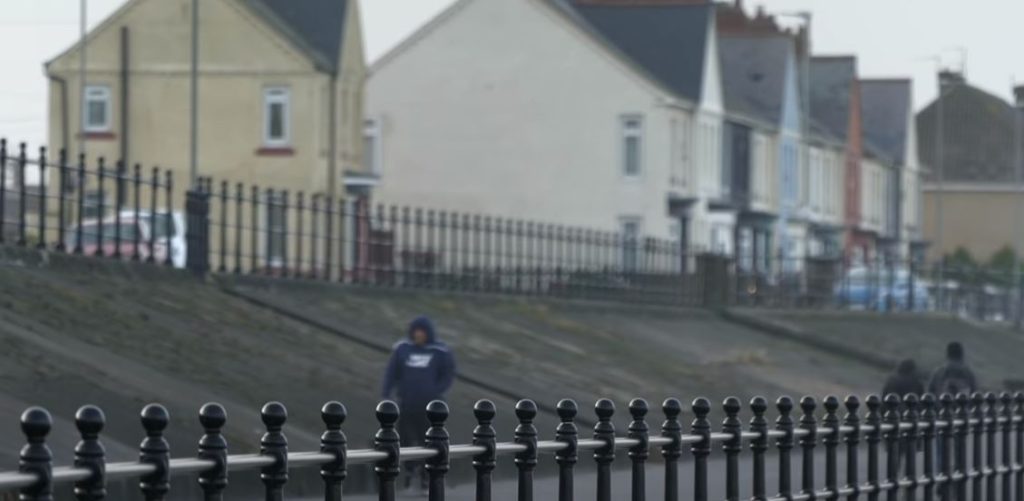Trussell is calling for an “essentials guarantee” to be embedded within Universal Credit to ensure recipients can afford basic needs such as food and heating.
9.3 million people in the UK, including 3 million children, are currently experiencing hunger and hardship.
New research warns that Labour’s tough position on welfare and planned benefit cuts, risks costing the economy more than £38 billion a year while pushing more people into poverty and putting further pressure on public services.
According to the report from the anti-poverty charity Trussell and WPI Economics, this figure stems from reduced employment opportunities and the barriers that poverty places in front of those trying to find and keep work. Inability to afford transport, appropriate clothing for interviews, and access to essential technology were cited as key obstacles.
In addition to lost productivity, the government is estimated to lose £18.4 billion in tax revenue annually, while being forced to spend an extra £5.3 billion on social security payments due to poverty.
Despite Labour’s promise not to return to austerity, Trussell warns that cutting welfare could have severe economic and human consequences, as poverty undermines people’s ability to contribute to the economy and leads to increased pressure on public services.
According to the report, eliminating hunger and hardship could save the UK economy over £75 billion a year. Current failures to address poverty already cost the government £3.7 billion annually in extra spending on public services such as education, children’s social care, and the NHS.
Due to the toll poverty takes on physical and mental health, nearly half of this additional spending—£6.3 billion—is on healthcare. Schools also bear the brunt, with an extra £1.5 billion spent on pupil premium support and free school meals.
Helen Barnard, director of policy, research and impact at Trussell, said: “The UK government has a moral and economic responsibility to tackle hunger, as more people risk being forced to the doors of food banks if nothing changes.”
To combat the crisis, the charity is calling for an “essentials guarantee” to be embedded within Universal Credit. This would ensure recipients can afford basic needs such as food and heating. According to Trussell’s estimates, Universal Credit currently falls short by approximately £120 per month.
Implementing the essentials guarantee could reduce the number of people at risk of hunger and hardship by 2.2 million by 2027, including 720,000 children. This change alone could save the economy and public services £17.6 billion.
Left Foot Forward doesn’t have the backing of big business or billionaires. We rely on the kind and generous support of ordinary people like you.
You can support hard-hitting journalism that holds the right to account, provides a forum for debate among progressives, and covers the stories the rest of the media ignore. Donate today.




